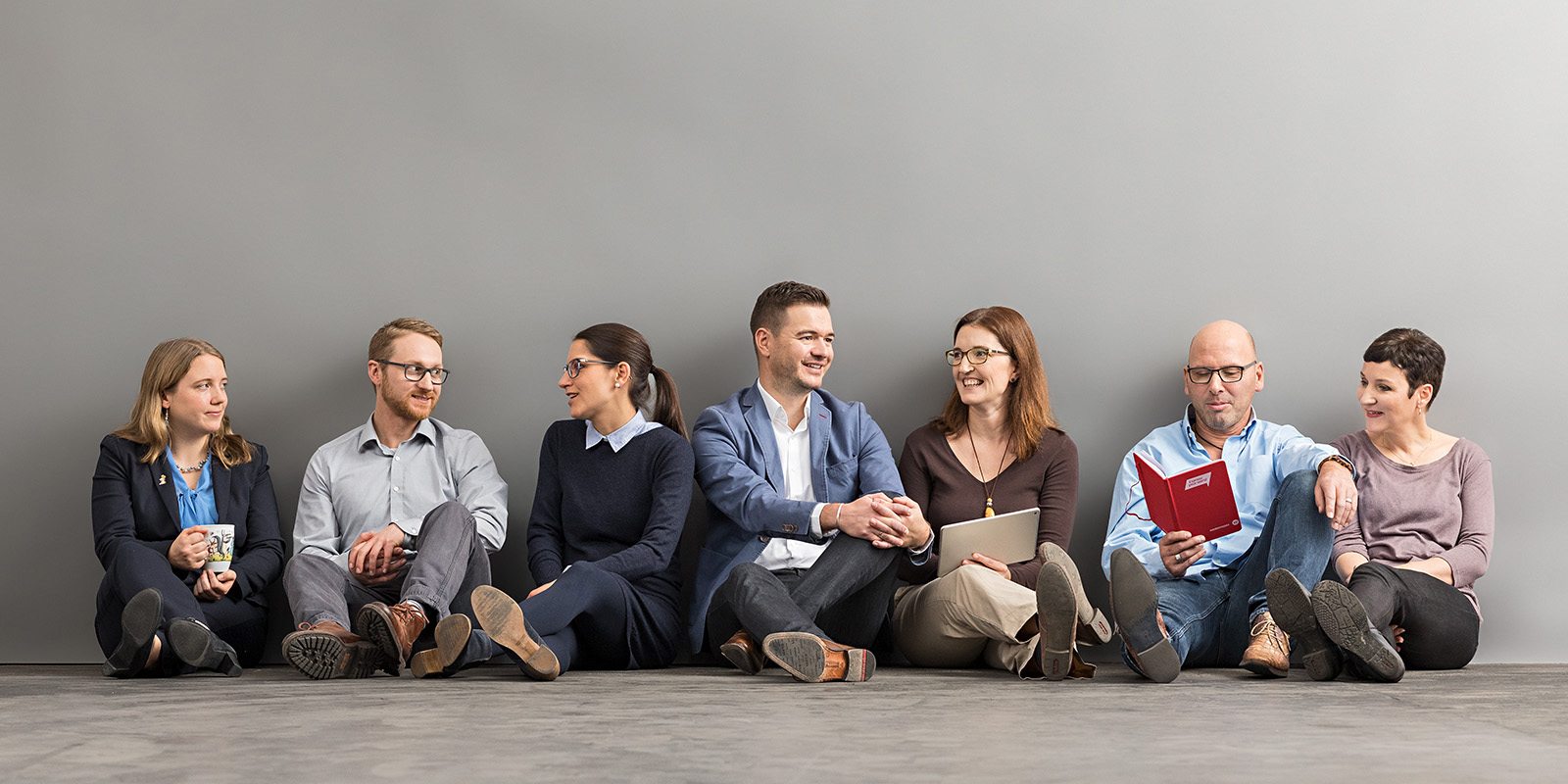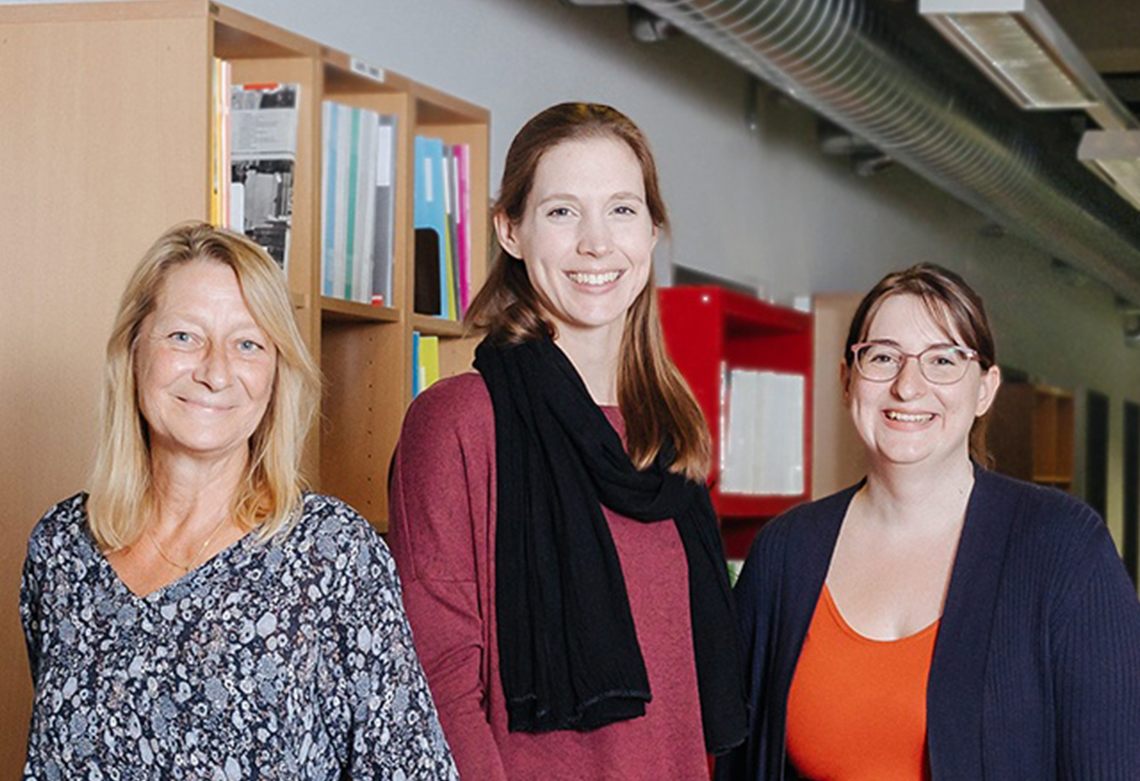For information about our product range and our customer services, please visit our webshops.
Careers
Join us!
Our current job vacancies include opportunities for both experienced and entry level candidates. We also offer a range of traineeships, apprenticeships and temporary jobs.





